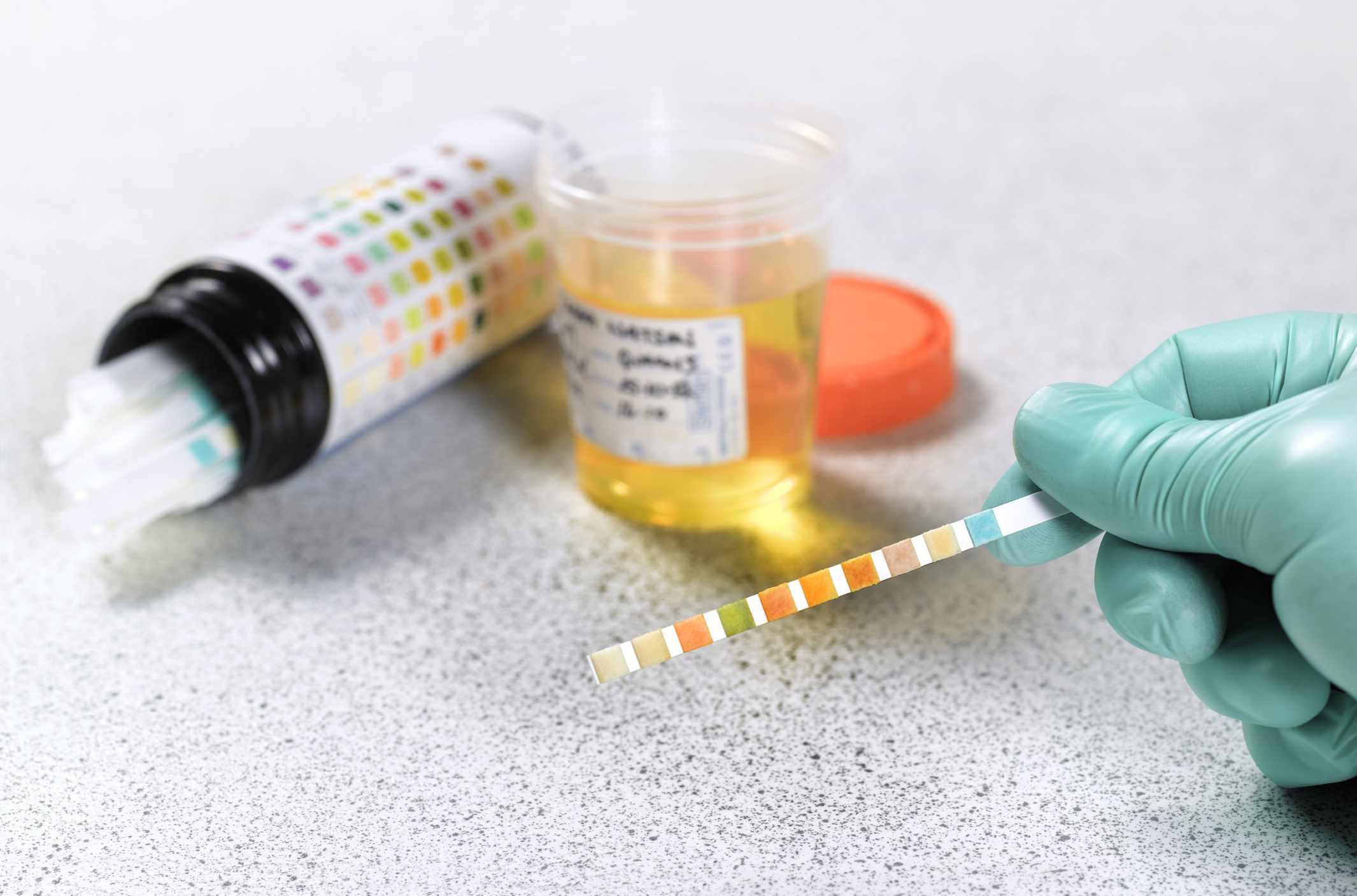Understanding the Normal pH of Urine: Importance, Factors, and Health Implications
In the realm of health assessment, the normal pH of urine serves as a valuable indicator of our body’s internal balance. This often-overlooked aspect plays a significant role in gauging overall health and providing insights into various bodily processes. In this comprehensive guide, we delve into the science behind urine pH, explore the factors influencing it, and understand the potential health implications of maintaining a balanced urine pH level.

The Science Behind Urine pH:
What is Urine pH?
Urine pH, at its essence, measures the acidity or alkalinity of urine. It’s quantified using a numeric scale that ranges from 0 to 14, with 7 being neutral. Values below 7 are acidic, while values above 7 are alkaline. Urine pH is a reflection of the concentration of hydrogen ions in urine, influencing its chemical composition and potential effects on the body.
Factors Influencing Urine pH:
The journey of understanding urine pH leads us to a labyrinth of factors that impact its level. Diet is a prominent player; the foods we consume, such as acidic fruits or alkaline-rich vegetables, directly influence urine pH. Hydration also matters; adequate water intake helps maintain a healthy pH balance. Medications and underlying medical conditions, such as kidney function and urinary tract infections, can tip the pH scale as well.
Balancing Act: The Normal Urine pH Range:
What is Considered Normal Urine pH?
The normal urine pH range typically falls between 4.6 and 8.0, with an optimal target around 6.0. This range is a delicate equilibrium that reflects the body’s metabolic processes functioning optimally. A pH value within this range indicates that the body’s acid-base balance is in check, which is crucial for various physiological functions.
Health Implications of Abnormal Urine pH:
Acidic Urine (Low pH):
When urine pH veers towards the acidic end of the spectrum, it can signal potential health issues. Conditions like metabolic acidosis, which involves excessive acid buildup in the body, may lead to lower urine pH levels. Additionally, urinary tract infections caused by bacteria that thrive in acidic environments can be influenced by urine pH.
Alkaline Urine (High pH):
Conversely, higher urine pH levels, indicating alkaline urine, can also offer insights into health. Urine pH elevation can be caused by factors such as urinary tract infections caused by certain bacteria, certain medications, or a diet rich in alkaline-forming foods. Alkaline urine can potentially contribute to the formation of kidney stones, particularly those made of certain minerals.
Monitoring and Adjusting Urine pH:
Importance of Monitoring Urine pH:
Regular monitoring of urine pH offers a window into the body’s internal state. It can alert individuals and healthcare professionals to potential issues before they escalate, allowing for timely intervention. Monitoring urine pH can be particularly crucial for those with a history of kidney stones, urinary tract infections, or metabolic disorders.
Tips for Balancing Urine pH:
Maintaining a balanced urine pH involves mindful choices. Staying well-hydrated helps dilute urine, reducing the risk of highly concentrated acidic or alkaline levels. Incorporating a variety of fruits, vegetables, and whole foods into the diet promotes a healthy pH balance. However, extreme diets aiming to drastically alter urine pH should be approached with caution and under medical guidance.
Normal pH of Urine: Frequently Asked Questions
Q1: What is the normal pH range of urine?
A1: The normal pH range of urine typically falls between 4.6 and 8.0, with an optimal target around 6.0.
Q2: How is urine pH measured?
A2: Urine pH is measured using a scale that ranges from 0 to 14, with values below 7 being acidic, above 7 being alkaline, and 7 being neutral.
Q3: Why is urine pH important for health?
A3: Urine pH offers insights into the body’s acid-base balance, indicating how well metabolic processes are functioning and potentially highlighting health issues.
Q4: Can diet affect urine pH?
A4: Yes, diet plays a significant role in influencing urine pH. Acidic foods and alkaline-rich vegetables can impact urine pH levels.
Q5: What does it mean if urine is too acidic?
A5: Acidic urine may indicate conditions like metabolic acidosis or urinary tract infections, warranting further medical evaluation.
Q6: What are the implications of alkaline urine?
A6: Alkaline urine may be linked to certain infections, medications, or diets. It’s also associated with the formation of specific kidney stones.
Q7: How can I monitor my urine pH at home?
A7: pH testing strips are available for home use to monitor urine pH. However, consulting a healthcare professional is recommended for accurate interpretation.
Q8: Can urine pH be changed through diet?
A8: Yes, diet can influence urine pH. Consuming a variety of whole foods, including fruits and vegetables, can help maintain a balanced pH.
Q9: Are extreme pH levels always problematic?
A9: Extreme pH levels may indicate underlying health issues. Consultation with a healthcare provider is essential to determine the cause and necessary action.
Q10: Is it necessary to adjust urine pH to the optimal range?
A10: While staying within the optimal range is important, extreme changes should be approached cautiously. Consult a healthcare professional for personalized guidance.
Conclusion
Understanding the normal pH of urine unlocks a portal to our body’s internal equilibrium. From the science behind urine pH to the factors influencing it, we’ve embarked on a journey that sheds light on this often-overlooked aspect of health assessment. As we explored the delicate balancing act of urine pH, we uncovered the potential health implications of both acidic and alkaline urine. Regular monitoring of urine pH serves as a proactive measure to catch potential issues in their early stages. By making informed choices, staying hydrated, and embracing a balanced diet, we empower ourselves to maintain optimal urine pH and support our overall well-being.




